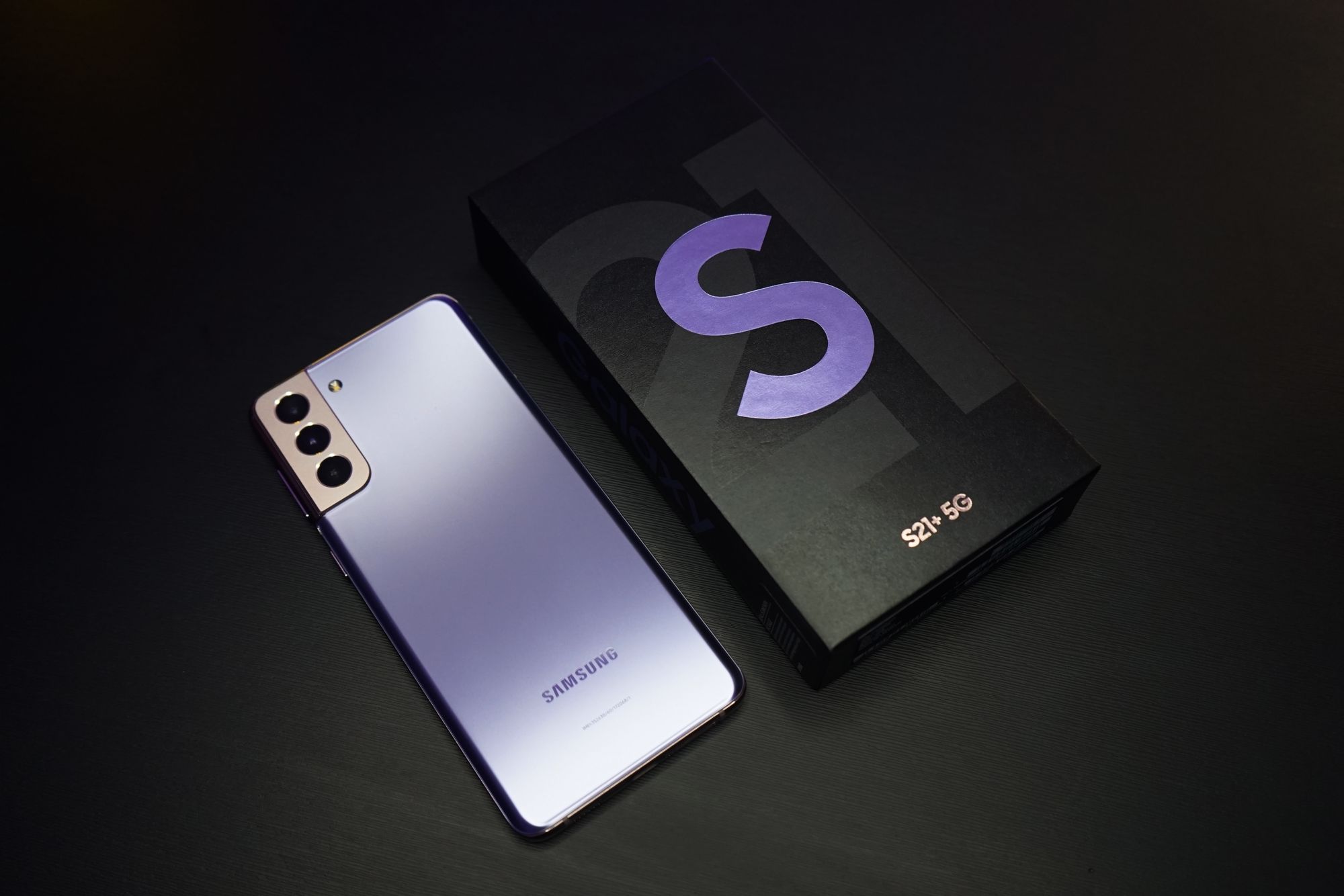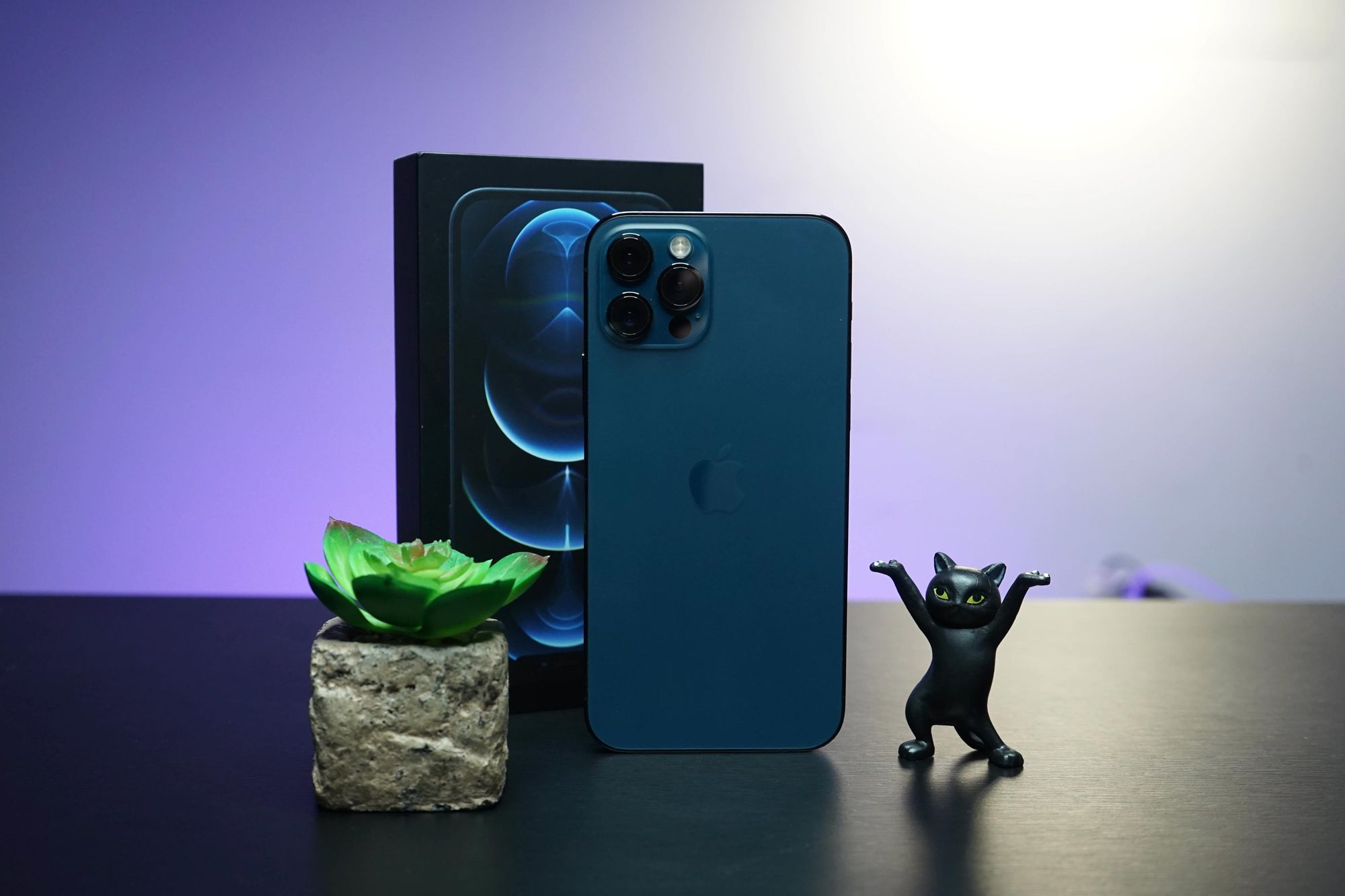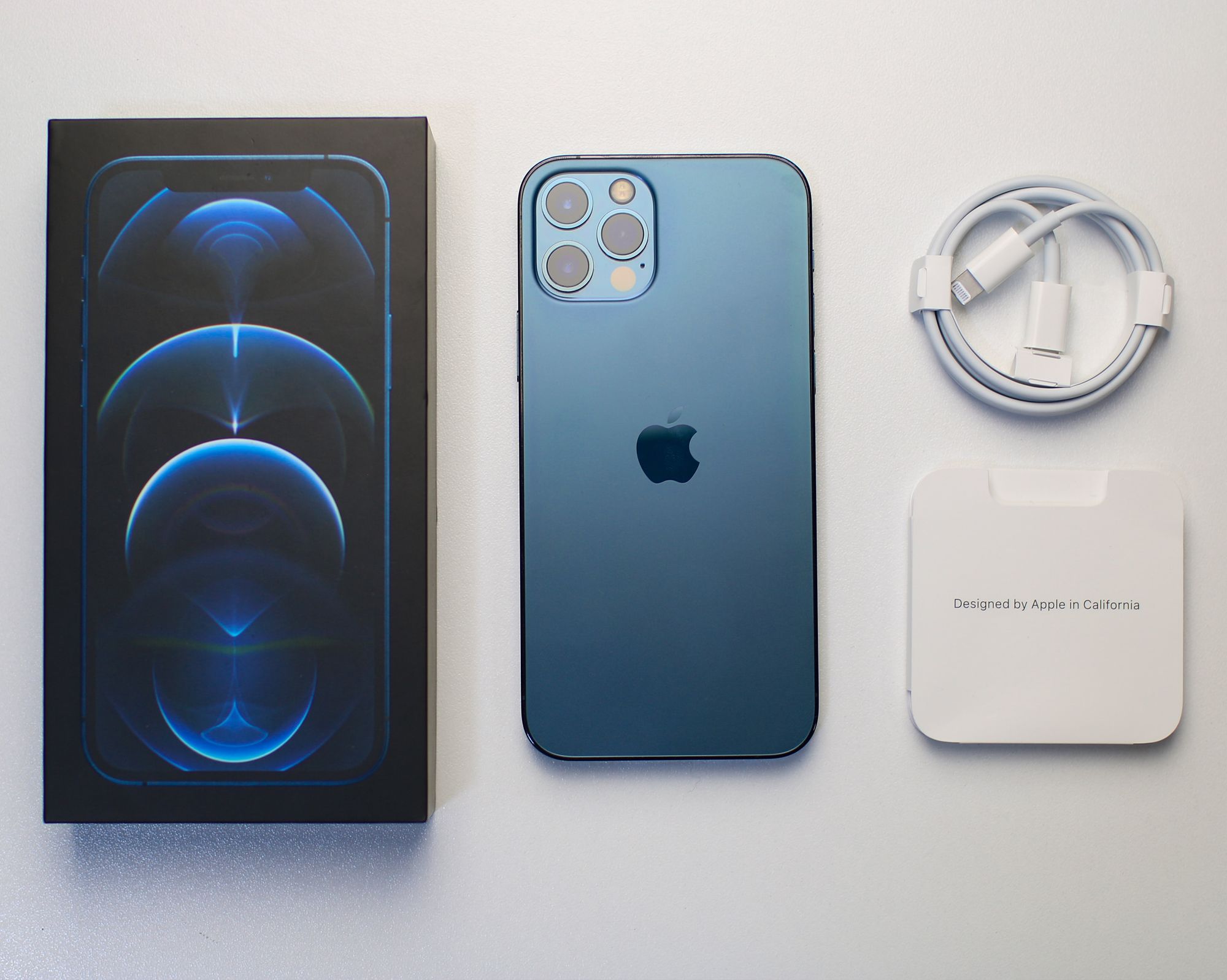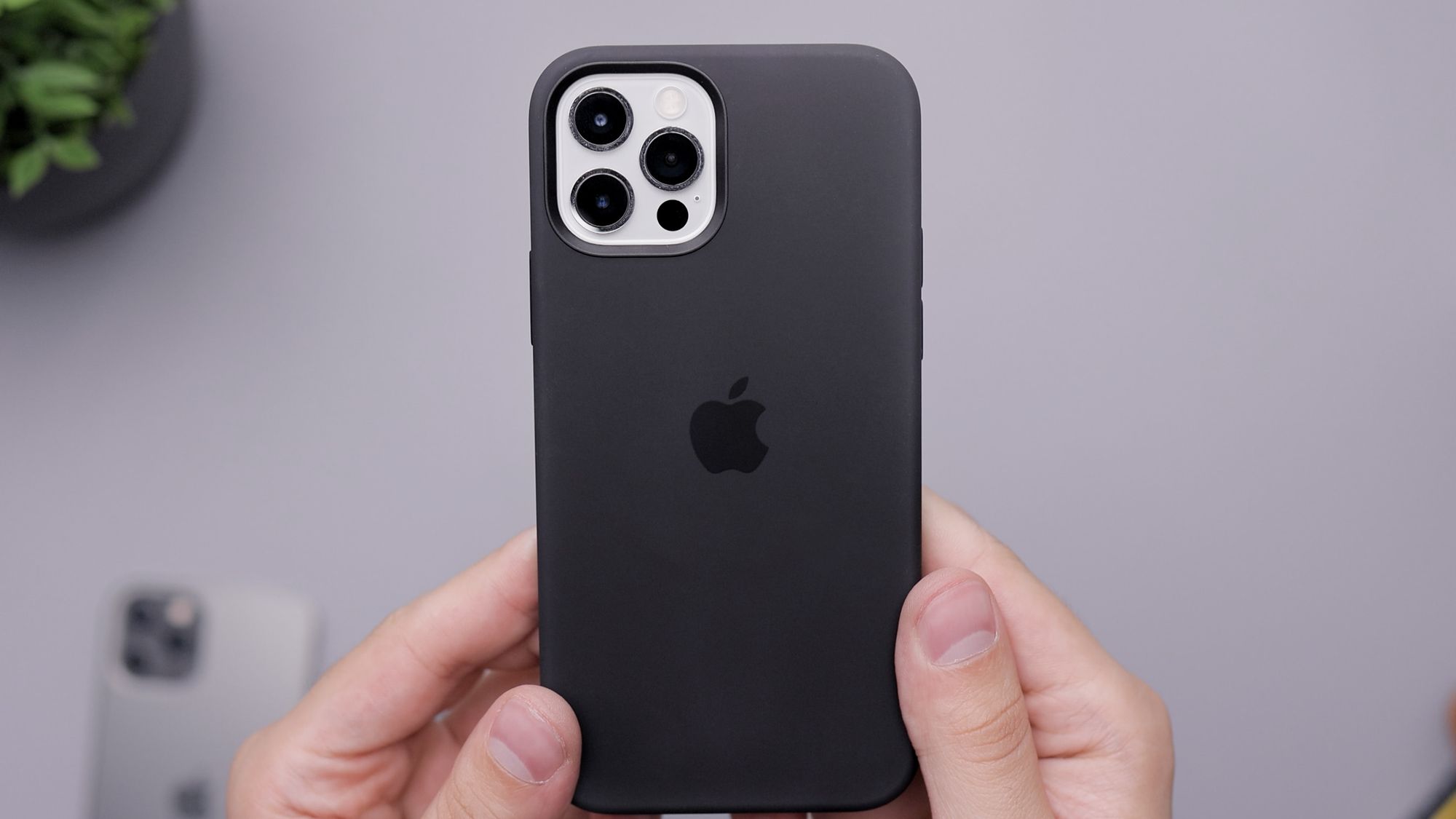Feds Want Warrentless Access To Phone Location Data
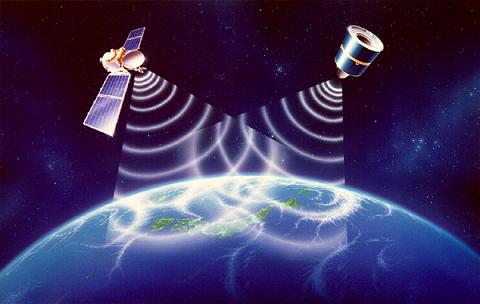
![]()
On Tuesday the Obama administration told a federal court that the public has no “reasonable expectation of privacy” of cellphone location data, and therefore the authorities may obtain documents about a person’s movements without a probable-cause warrant.
In other words, if the Obama administration wins on this argument, every law enforcement agency in the country will be able to track your every move without a warrant. Access to location data as comprehensive as that available to cellphone carriers could allow law enforcement to determine a number of things about you, from your complete social network and where you spend time to how likely you are to repay a loan.
This case doesn’t necessarily suggest that the Obama administration wants to keep a close eye on every American citizen, but rather that the prosecutors don’t understand the power of the data they’re requesting.
To understand what can be accomplished with cellphone location data, take a look at what academics have used it for. In a recent essay for Edge.org, Sandy Pentland a computer scientist at MIT, described it this way:
The people who have the most valuable data are the banks, the telephone companies, the medical companies[…] Who you actually are is determined by where you spend time, and which things you buy[…] by analyzing this sort of data, scientists can tell an enormous amount about you.
In some research published in 2009, Pentland and his colleagues were able to determine, for example, which students were friend based solely on their mobile location data. While law enforcement could use this to map criminal networks, they could also use it visualize and contain lawful protesters.
A person’s location can reveal their social context. A lot of information about who you are and how you behave can be drawn from where you spend time and with whom. Pentland continued:
[People with access to this data] can do this because the sort of person you are is largely determined by your social context, so if I can see some of your behaviors, I can infer the rest, just by comparing you to the people in your crowd. You can tell all sorts of things about a person, even though it’s not explicitly in the data, because people are so enmeshed in the surrounding social fabric that it determines the sorts of things that they think are normal, and what behaviors they will learn from each other.
State and federal authorities already utilize phone location tracking in the prosecution of crimes, with courts issuing an estimated 20,000 to 30,000 cellphone tracking orders annually. A request from congressman Ed Markey revealed that law enforcement requested information from wireless companies upwards of 1.3 million times in 2011.
Earlier this year, the Supreme Court ruled that law enforcement needs a warrant before attaching a GPS tracking device to a person’s car. However, prosecutors in this case are arguing that cellphone data isn’t owned by the user in the first place, and hence should be readily available to law enforcement.
All cell phones, especially smart phones, are able to record precise location data, much of which is sent to device makers and mobile carriers, such as Apple and Verizon. What happens to that data varies widely depending on local laws and the policies of individual providers.
If the Obama administration wins the argument, this infinite stream of location data will be enormously helpful to law enforcement. But for people who value their privacy and don’t want the government invading their everyday lives, it will be a big problem.

